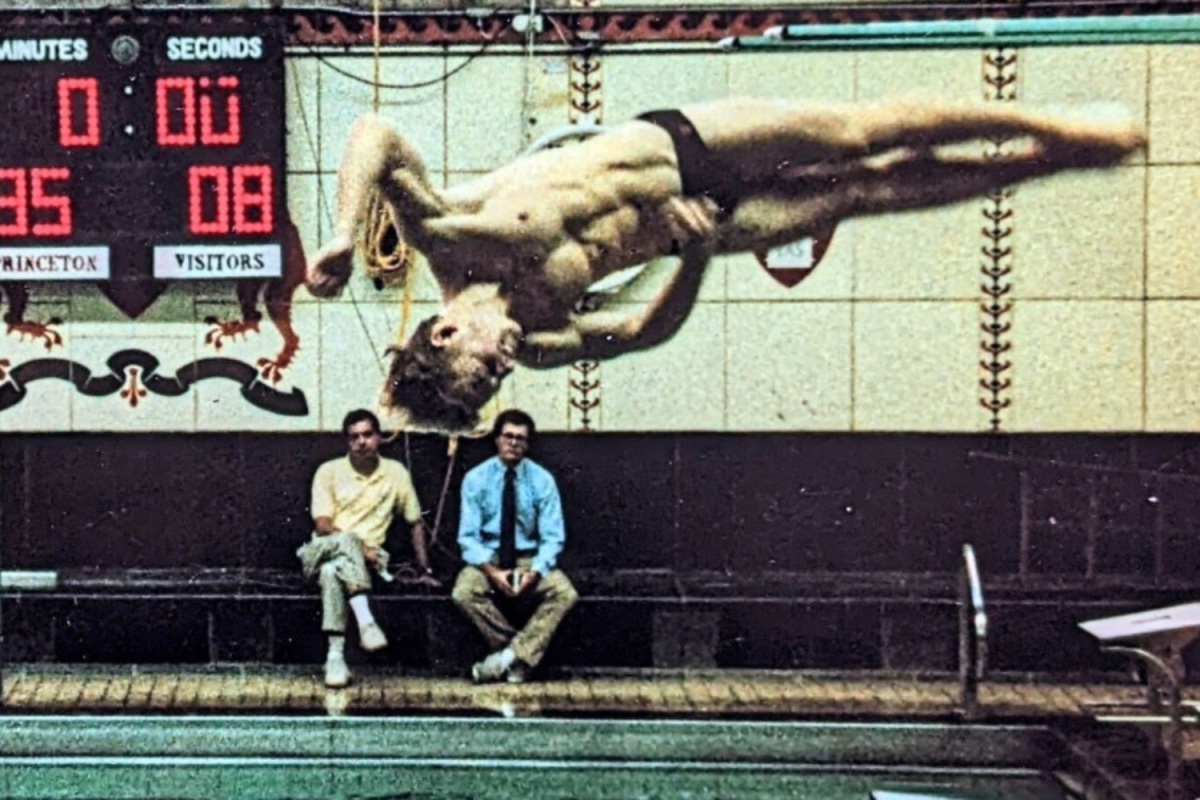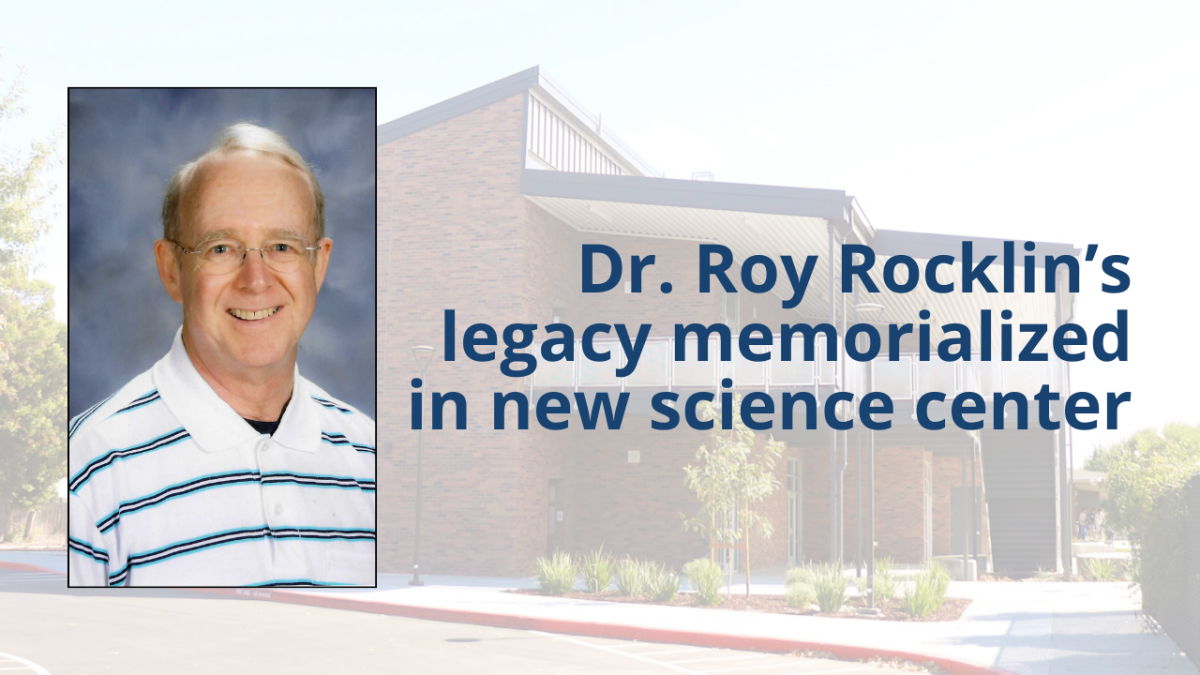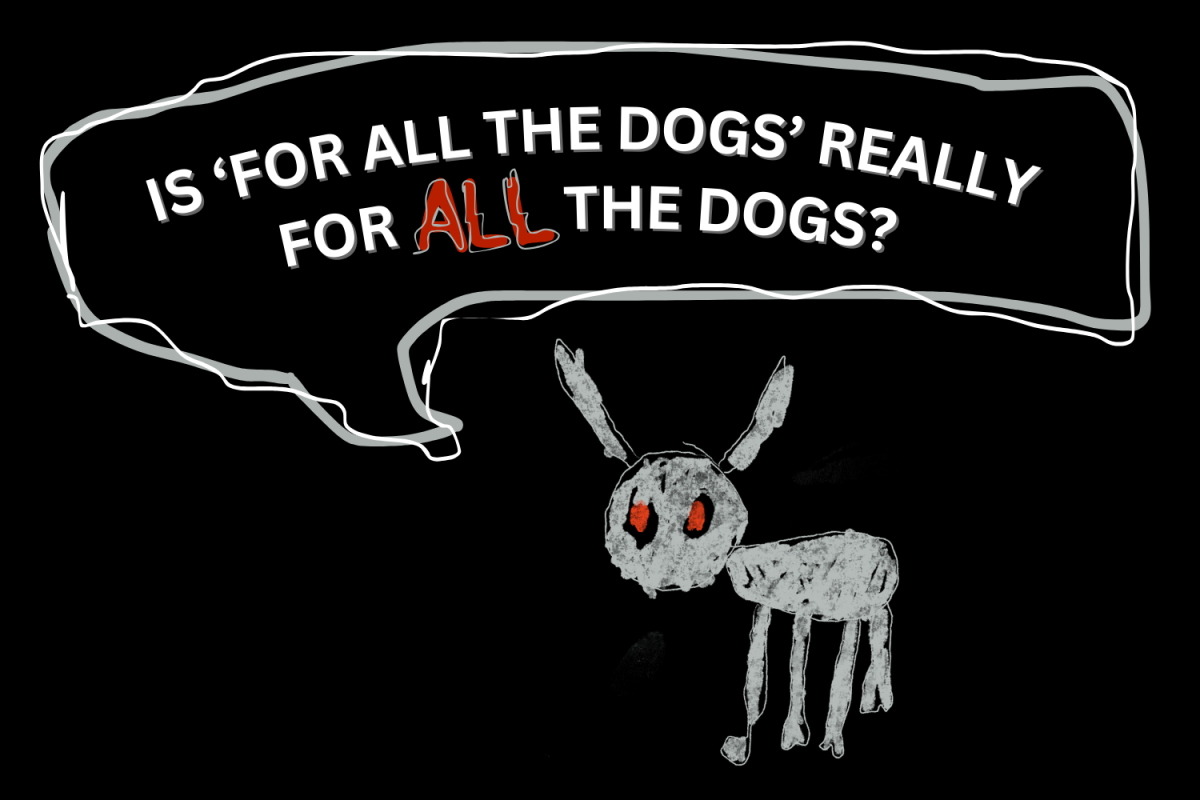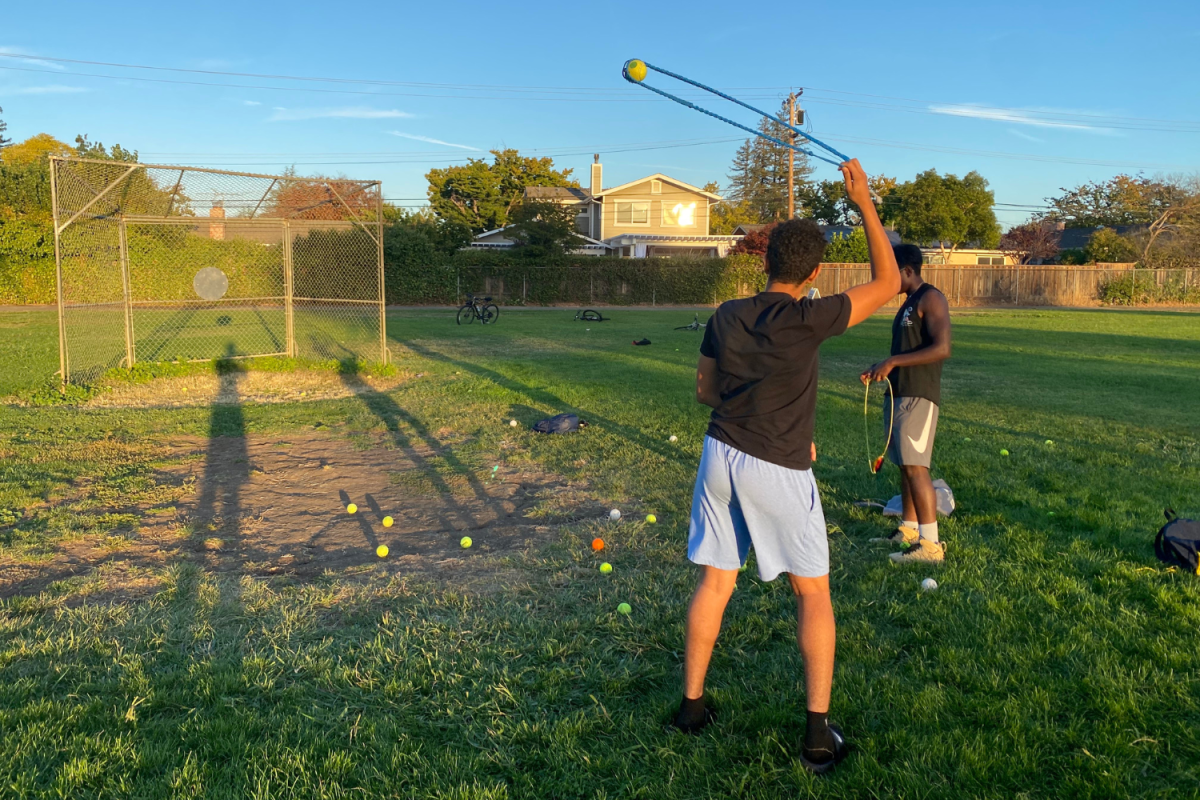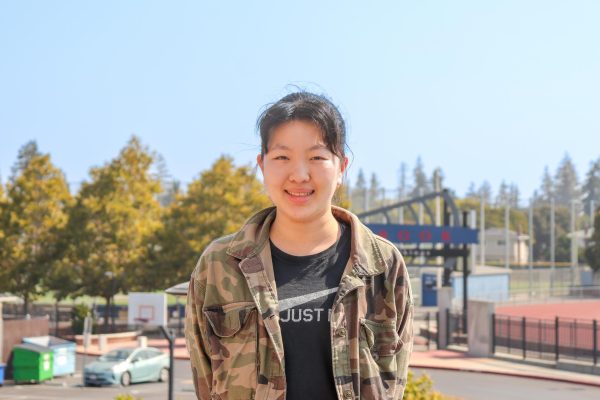Amid the deafening silence in the stadium, AP Statistics teacher Kenneth Iams positioned himself at the edge of the diving board. It was his turn to attempt his prepared dive: a front double with two twists. With a deep breath, he sprang off the board. Time appeared to slow as he carried out each motion, completing a somersault, straightening his body, executing two full twists and finally neatly folding over. Palms flat together above his head and toes pointed, he broke through the water.
Iams began his diving journey at six years old. His mother would take him to an outdoor community swimming pool in the summer in Pennsylvania. The pool had a one-meter and three-meter diving board, which were the catalysts for his deep love of the sport. The exhilaration that came from leaping off the boards motivated him to pursue the sport.
“It’s the feeling of controlling yourself as you arc up through the air and come back down,” Iams said. “There’s also the thrill of doing the harder dives, seeing how many flips I can do before impacting the water, and whether I can do it with good form and grace.”
Diving presented Iams with numerous opportunities; he received recruitment offers from several universities. However, between middle and high school, he faced a significant decision: whether to pursue a career in diving and aim for the Olympics, or to only participate in collegiate-level diving due to the limited resources in his area. The nearest three-meter diving board in his hometown in Pennsylvania was half an hour away, so he relied on summer camps to train his skills. He also could have decided to live with his grandparents in Pittsburgh, Pa. and train at the nearby University of Pittsburgh’s facilities. However, Iams ultimately decided against pursuing the Olympics to prioritize his education, and ended up committing to Princeton University’s Division I diving team with the class of 1991.
At Princeton, Iams was an All-American for the 3-Meter Dive for three out of the four years of his collegiate diving career. In diving, the All-American award is granted to athletes who make the top eight of the NCAA championships. He missed the title one year because of a torn tricep because, with this injury, it was near impossible to minimize the splash, which is needed to score high. He was also the first person to compete a front double with two twists on the 1-Meter dive, a dive he invented himself. Iams is most proud of getting All-American his senior year because he had to balance a lot of schoolwork with diving, and wanted to do well since he knew it was going to be his last experience diving.
“I really wanted to do very well in my last year in my sport, since I knew this was it; the sport was going to be over because there was nothing else after college,” Iams said. “I try to show all my students how much I appreciate all the hard work they do when teaching. While I hope everyone likes working for the sake of challenging themselves, it’s also nice when other people recognize it as well.”
In his final dive to make All-American in his senior year, Iams made a bold decision to perform a front one-and-a-half with three twists instead of the less-challenging front one-and-a-half with two twists. Despite knowing that the simpler dive might have secured a higher score, his coach encouraged him to attempt the harder one, considering the dedication and effort they had invested into practicing it. Although the dive wasn’t perfect, he had no regrets about his choice for that last, memorable dive.
“I knew it was a gamble but I was proud that I did what I had practiced,” Iams said. “Although it didn’t necessarily pay off score-wise, I was still happy since I had fun doing it. I’ve learned through diving that it’s important to always try your best and have fun doing it.”
Through diving, Iams learned to embrace failure and not be afraid of it. He believes firmly in the idea that it’s important to think critically about what led to failure and then address any areas of deficiency.
“In diving, failures often involve smacking the water, which usually results in red marks,” Iams said. “However, you just treat them as fun mistakes, and try not to do it that way again. You’re not going to have achievements without failures; they go hand in hand.”




























































